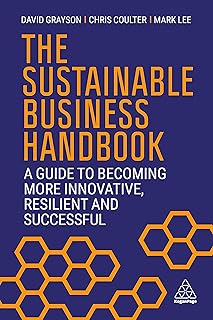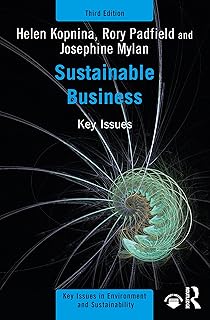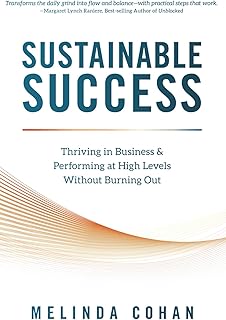In a recent call to action, the World Business Council for Sustainable Development (WBCSD) and EY emphasized the pressing need for collective efforts across major value chains to accelerate emissions reduction. The collaboration between these two entities underscores the critical role that businesses can play in driving emissions reduction initiatives.
The report produced by WBCSD and EY sheds light on the challenges faced in decarbonizing global value chains to meet crucial emission reduction goals. It reveals that a significant portion of greenhouse gas emissions originates from Scope 3 sources within value chains, emphasizing the complexity of emission control efforts.
With the impending launch of WBCSD’s Emissions Reduction Accelerator (ERA) at COP30, a comprehensive action plan is set to be unveiled to mobilize collective action among businesses to address emissions reduction targets throughout their value chains. This value chain approach aims to identify key intervention areas, leverage AI-driven insights, and foster collaboration among various stakeholders.
Dominic Waughray, the Executive Vice President of WBCSD, highlighted the pivotal role of ERA in driving transformative action on emissions reduction across value chains. The initiative aims to engage over 250 leading companies to enhance business performance while combating climate change.
Dr. Matthew Bell, EY’s Global Climate Change and Sustainability Services Leader, emphasized the necessity of collaboration to tackle emissions among major corporations, particularly given the significant emissions contributions from value chains. He highlighted the potential of technology, particularly AI, in accelerating decarbonization efforts.
Velislava Ivanova, EY’s Global Strategy and Markets Leader for Climate Change and Sustainability Services, underscored the importance of businesses working closely with their value chains to achieve meaningful emissions reduction. She pointed out the opportunities presented by emerging technologies to pinpoint and address emissions hotspots effectively.
The report’s findings underscore the urgency for enhanced collaboration and coordinated action within the business community to combat climate change effectively. By leveraging innovative approaches and technologies, businesses can drive significant emissions reductions and contribute to a more sustainable future.
As the global community grapples with the challenges of climate change, initiatives like ERA offer a promising pathway to translate ambitious climate goals into tangible actions. By uniting businesses, policymakers, and innovators, these collaborative efforts can drive meaningful change and accelerate the transition to a low-carbon economy.
The call for collective business action to accelerate emissions reduction signifies a pivotal moment in the fight against climate change. With concerted efforts and innovative solutions, businesses can play a crucial role in reducing emissions and fostering a more sustainable future for all.
📰 Related Articles
- Wildix Unveils Wilma AI: Revolutionizing Business Communication and Collaboration
- Xerox Completes $1.5B Acquisition of Lexmark, Boosts Print Business
- Woxsen & Porto Business School Launch Dual Doctorate Program
- World Business Forum Sydney 2025: Empowering Leaders for Success
- World Business Forum Sydney 2024: Purpose-Driven Strategies for Success






